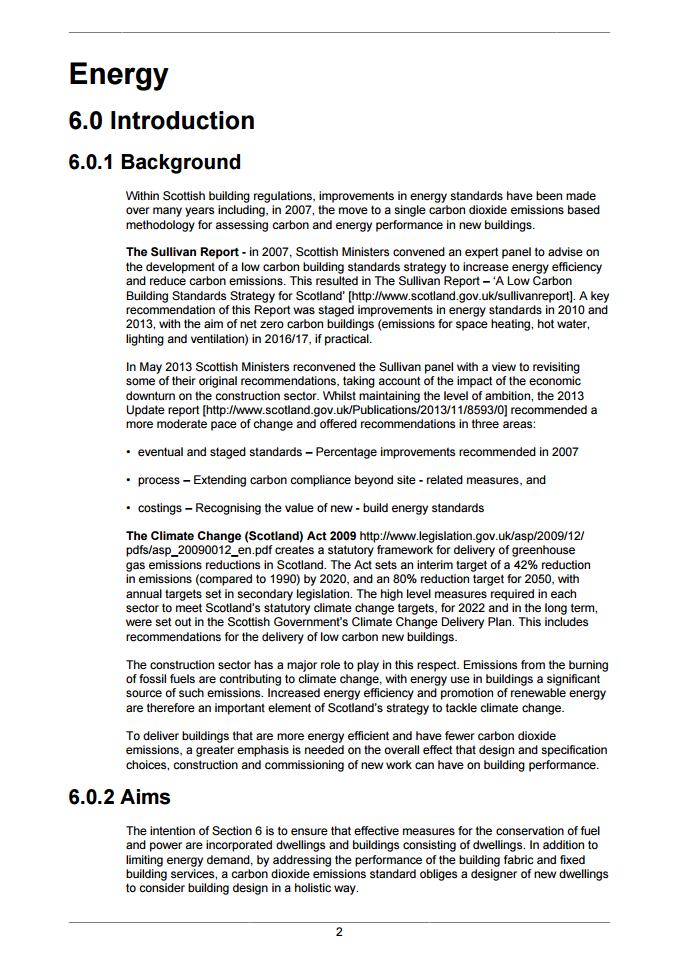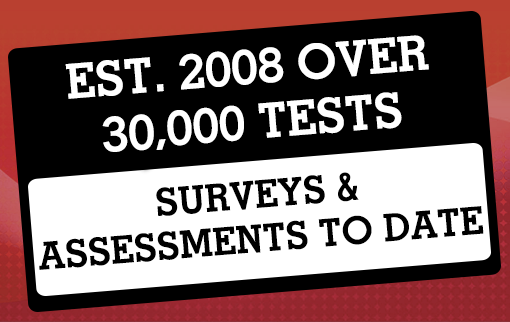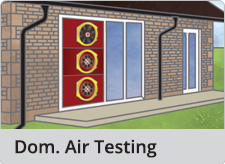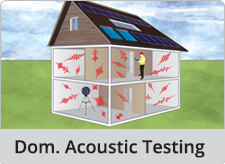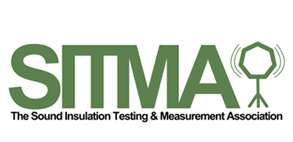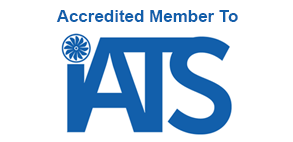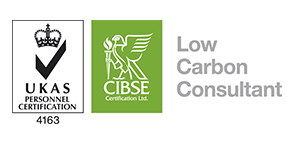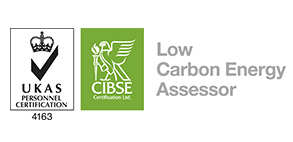Offices Nationwide

Sound Transmissions
Paths can be interrupted by insulation and blocking air paths. A material's insulation is governed by mass, stiffening and damping...more

Sound Levels
Decibels (dB) are most commonly used as a measure of sound level, but they are also used in electronics, signals and communications...more
Borders - C4SH - 0141 894 0107
The office that covers this area is: Glasgow
The towns & cities that are covered within this county are:
Coldstream, Earlston, Eyemouth, Galashiels, Hawick, Innerleithen, Jedburgh, Kelso, Melrose, Peebles, Selkirk,
Phone Number: 0141 894 0107 Email: borders@e2consultants.co.uk
Our other services include:
C4SH can also be known as:
Code Assessment, Sustainable Homes, Code for Sustainable Homes, CSH, Code for Sustainable Homes Daylight Calculation,


Copyright 2025 E2 Specialist Consultants Limited
Company No. 06728970













